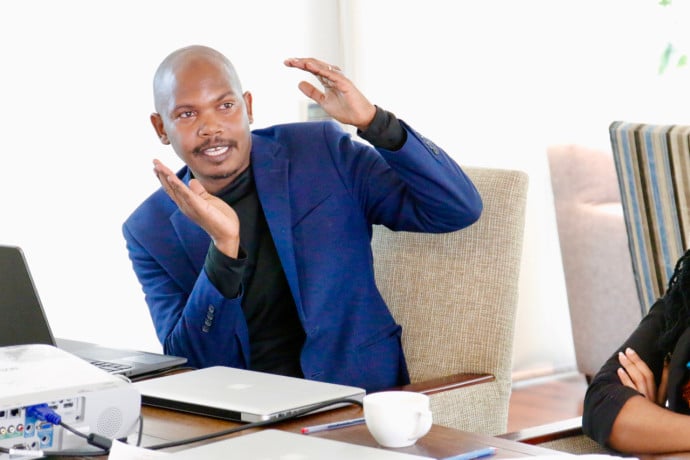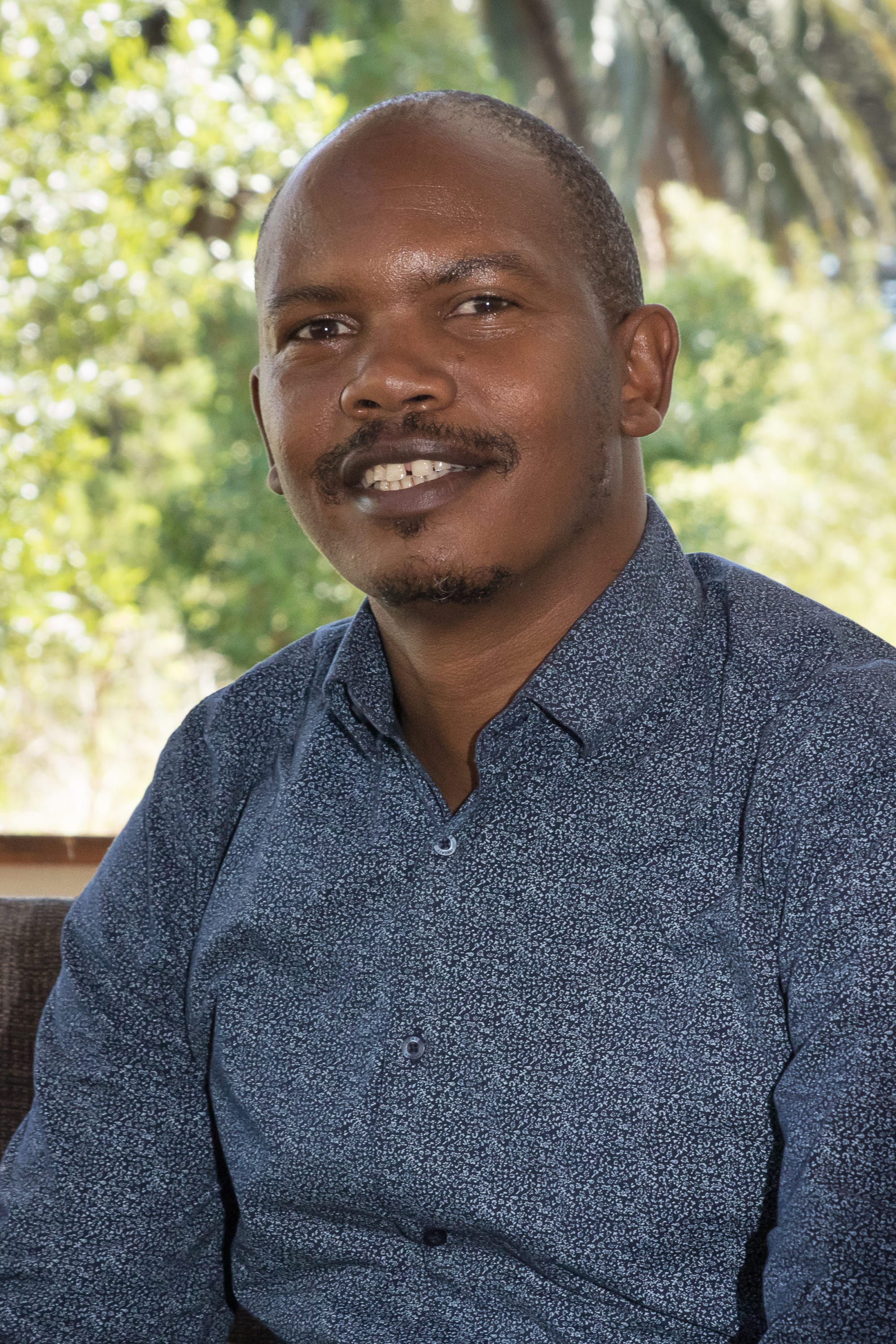Africa is home to the remaining “hunter-gathers”, meaning traditional communities that make a living predominantly through collecting wild fruits and hunting wild animals. Examples include the Hadzabe of Tanzania and Pigmies of Rwanda. These communities totally depend on land and natural resources for their physical and cultural survival as distinct groups. Other common features are communal stewardship over land and a deeply felt spiritual and emotional nexus with the earth and its fruits. However, they lack robust legal protection of their ancestral lands, partly because most governments regard hunting and gathering to be at variance with the dominant development paradigms. International human rights standards and the indigenous peoples rubric these communities resort to, faces stiff resistance among policy makers, and conflicting views from scholars. The remaining body of human rights law is largely modelled along protection of individual rights. Yet economic viability, culture, religion and development of these communities depend on securing their communally owned land and natural resources. Accordingly, paucity of legal literature exists, focusing specifically on hunter-gatherers’ collective land rights. This study intends to fill the gap .Significantly, it will unveil appropriate legal tools and enable relevant countries to “leave no one behind” while implementing SDGs.

Project
Legal protection of hunter-gatherer groups' land rights in Central and Southern Africa
Related to Legal protection of hunter-gatherer groups' land rights in Central and Southern Africa

Publication
Disconnected Clans in Fragmented Rangelands: Aligning the East African Community Integration Process with the United Nations Declaration on the Rights of Indigenous Peoples
Laltaika, Elifurah. 2024. Chapter ten. Disconnected Clans in Fragmented Rangelands: Aligning the East African Community Integration Process with the United...

Article
Examining an African perspective on legal, human rights and governance issues - visiting scholars, Nkatha Kabira and Elifuraha Isaya Laltaika, highlight their projects
The law of commissions – a comparative study of the place of commissions in law and governance Commissions have come to occupy a central place in law and governance particularly in Africa.

Article
Third Iso Lomso cohort of fellows announced
STIAS today announced its third cohort of Iso Lomso fellows for applications submitted during its last call.
